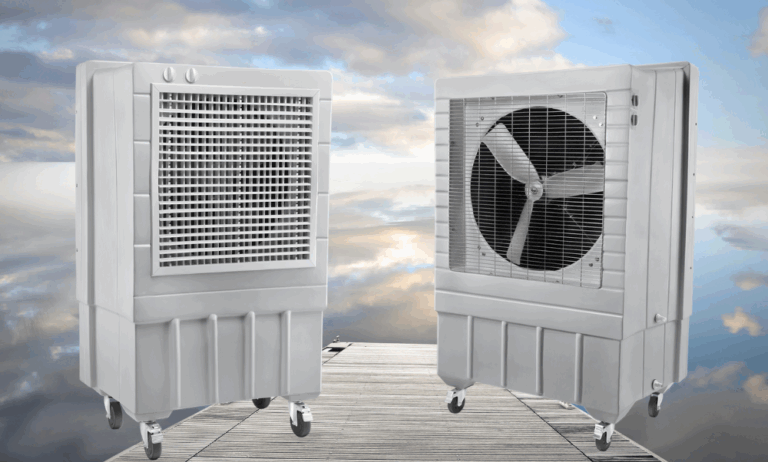Especially in the heat of summer, the last thing you want in a business is uncomfortable surroundings for your staff or patrons. Selecting the correct commercial cooler is essential, whether it’s keeping your employees comfortable in a warehouse or preserving an enticing environment in a retail store.
The correct cooler will improve comfort and guarantee efficiency, thereby ensuring pleasant surroundings for all. But given so many choices, how do you decide on the best one for your needs? Let’s disentangle it.
Understanding Commercial Coolers
For companies in hot climes or areas where temperatures could skyrocket, a commercial cooler is a must-have investment. Coolers operate by evaporating water through the air, therefore reducing the temperature in an energy-efficient manner, unlike air conditioning systems, which run cool air through the space.
Choosing a cooler makes logical sense for companies seeking a green, reasonably priced cooling option, given growing environmental issues and rising energy expenses.
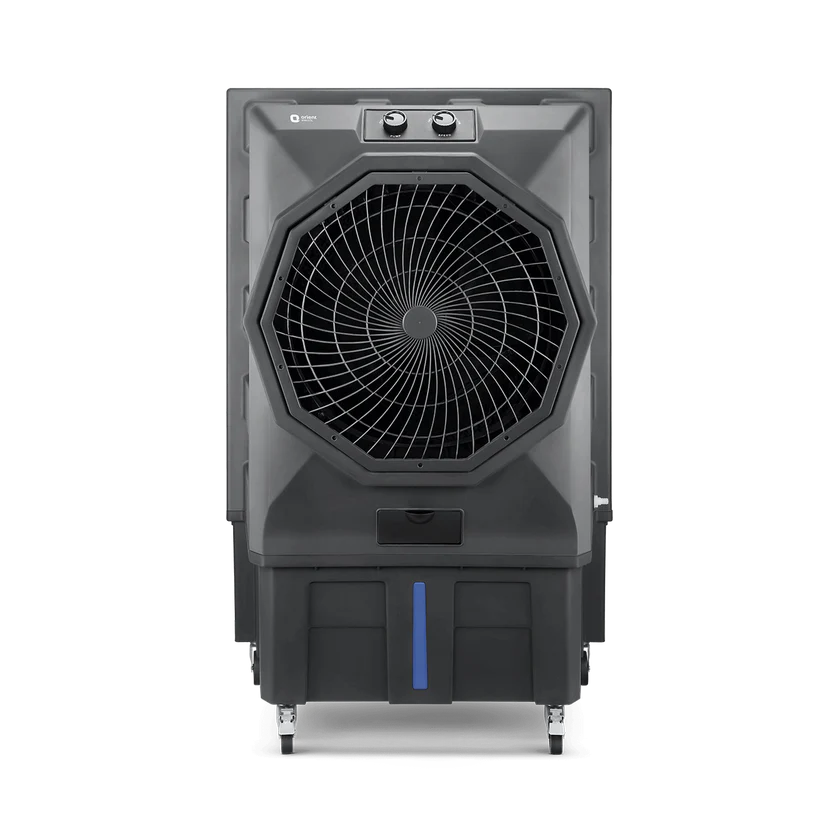
1. Evaluate the Dimensions and Layout of Your Space
The size of your area determines one of the most crucial aspects of a commercial cooler selection. The cooler must fit the size of the space, whether you are chilling a small office, a big warehouse, or a large retail store. Greater spaces will call for coolers with more potent motors and more capacity for ventilation. If your area is on the smaller side, a cooler with a modest airflow capacity will do.
Coolers, for example, are frequently rated in terms of their airflow capacity in either CMH (Cubic Meters per Hour) or CFM (Cubic Feet per Minute). Coolers should be more powerful the more space one has. Aim for coolers with a greater CFM for bigger business locations like warehouses; smaller areas may just need a compact, lower CFM one.
2. Cooling Capacity ─ Never Undervalue the Airflow
The volume of air a cooler can move per unit of time frequently dictates its cooling capability. More air will be circulated, and a greater area will be more efficiently cooled by a cooler with increased airflow capacity.
Think about the cooling power required to provide a comfortable climate to make sure you are selecting the appropriate cooler for your space. Generally speaking, figure the cooler’s CFM and then match it to your space’s square footage. For a 1,000-square-foot area, for instance, you will need a cooler with a higher CFM to guarantee that the air moves efficiently, therefore offering consistent cooling.
3. Conditions of Climate Matter
Commercial coolers excel in dry, hot regions. High humidity environments can restrict their functioning. The humidity level in the air immediately affects the capacity of the cooler to cool the surroundings; drier air makes the cooler more effective.
Air conditioners might provide more consistent cooling in coastal or tropical areas with significant humidity. In arid areas, however, coolers can drastically save energy while also lowering temperatures.
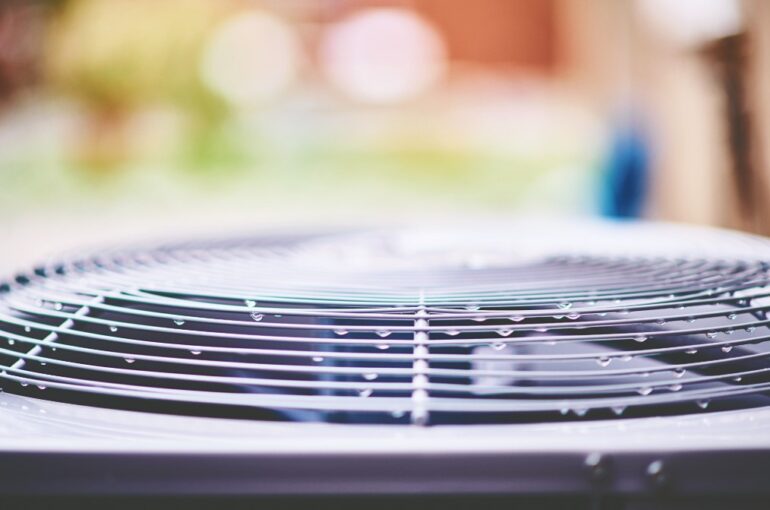
4. Energy Conservation ─ Control Spending
Business owners are constantly looking for methods to cut utility expenses, and a commercial chiller may be a big outlay of funds. Search for coolers with energy-efficient technologies that include variable speed motors and energy-saving settings, which modify airflow to fit daily conditions.
Businesses that wish to follow sustainable practices would find energy-efficient coolers to be a wonderful fit since they not only lower power use but also benefit the environment. Over time, a cooler with good energy efficiency will save you money while preserving a comfortable environment.
5. Maintenance and Durability ─ An Investment Made Long Term
Consider the lifetime of a commercial chiller while you choose one. In business environments, coolers routinely run for lengthy hours; a poorly constructed unit will break down rapidly and result in expensive repairs or replacements.
Search for coolers built of premium materials capable of regular use. Also, choose models that are low maintenance. Features like easy-to-access or self-cleaning filter systems help greatly minimise downtime and make maintenance much more under control.
6. Noise Level ─ Keep Your Company Not Disturbed
Although cooling efficiency is vital, equally vital is the cooler not turning into a noise pollution source, particularly in areas used for customers. While noisy systems in offices can be distracting for staff members, loud, disruptive coolers might compromise the experience of a client.
Search for coolers built with noise-reducing technologies. The silent operation of many more recent models ensures that cooling does not compromise comfort or concentration.
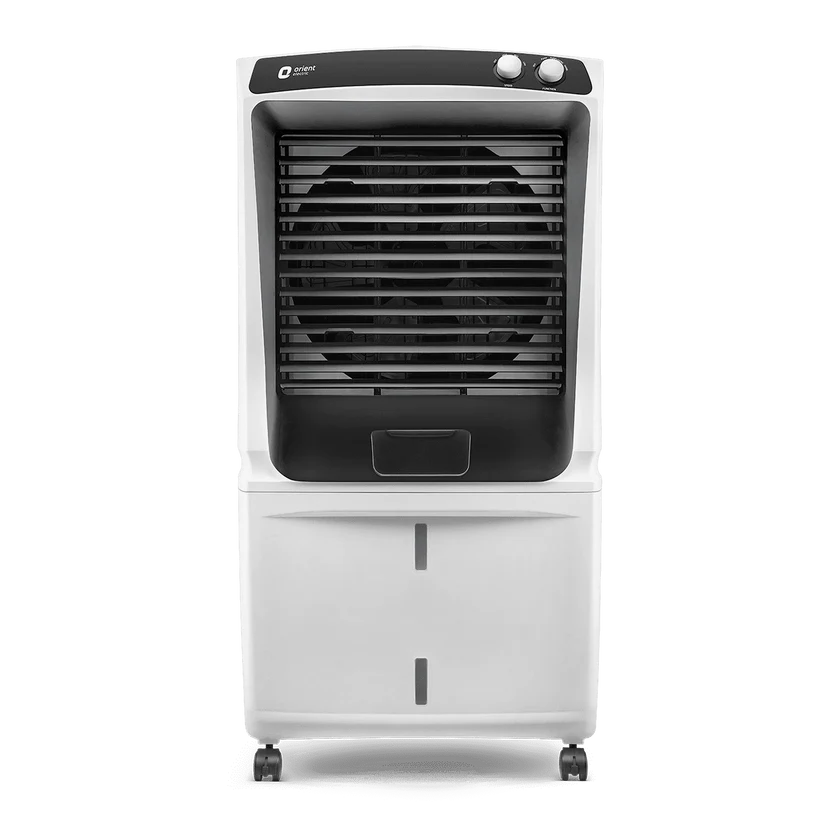
7. Portable or Fixed Installation?
The type of your company will determine whether you wish for a fixed installation or a portable cooler. For companies with changing cooling needs across several locations, portable coolers are quite adaptable and may be moved about the space as needed. Conversely, fixed coolers are ideal for bigger areas with constant cooling needs since they are permanent installations.
8. Think Over Your Budget and Find the Actual Cost
A commercial cooler’s pricing should be taken into account, considering the whole cost of ownership rather than only the initial purchase cost. Although choosing a less expensive model could seem like a fantastic bargain at first, over time, you could pay more for energy or more frequent repairs, depending on that choice.
Investing in a more costly, better-quality cooler could yield less frequent maintenance, reduced energy expenses, and more effective chilling. Before deciding, consider the cooler’s whole cost, including energy use, maintenance, and repairs, before deciding.
9. Common Commercial Coolers Types
Different needs call for different kinds of commercial refrigerators. Among the most often used varieties are some of:
Designed for big open areas like warehouses or showrooms, desert coolers, which employ a high-powered fan to circulate air and lower the temperature in big open spaces, have their origins in dry climates.
For smaller places like offices and retail establishments, slim, vertical towers are ideal. They aim to maintain energy efficiency while providing effective cooling.
Portable coolers provide flexibility for companies that must chill several locations at different times since they may be carried from place to place.
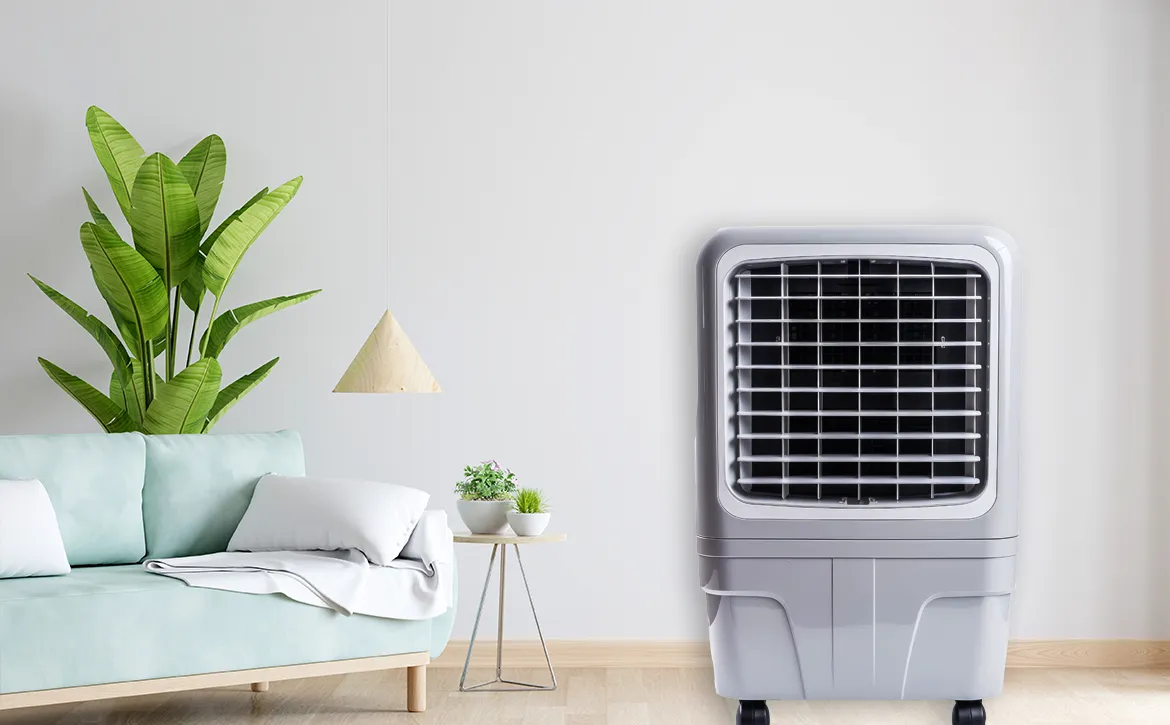
10. Finally, Make an Informed Decision
Selecting the correct commercial chiller is an investment in comfort, output, and client pleasure. Spend some time evaluating your space, thinking through the climate, and assessing energy economy and maintenance requirements. By doing this, you’ll discover the ideal cooler that not only keeps your company cool but also, over time, helps you save energy expenditures.
Remember that choosing a commercial air cooler is a long-term decision. Make intelligent decisions to guarantee years to come of pleasant and efficient surroundings.

